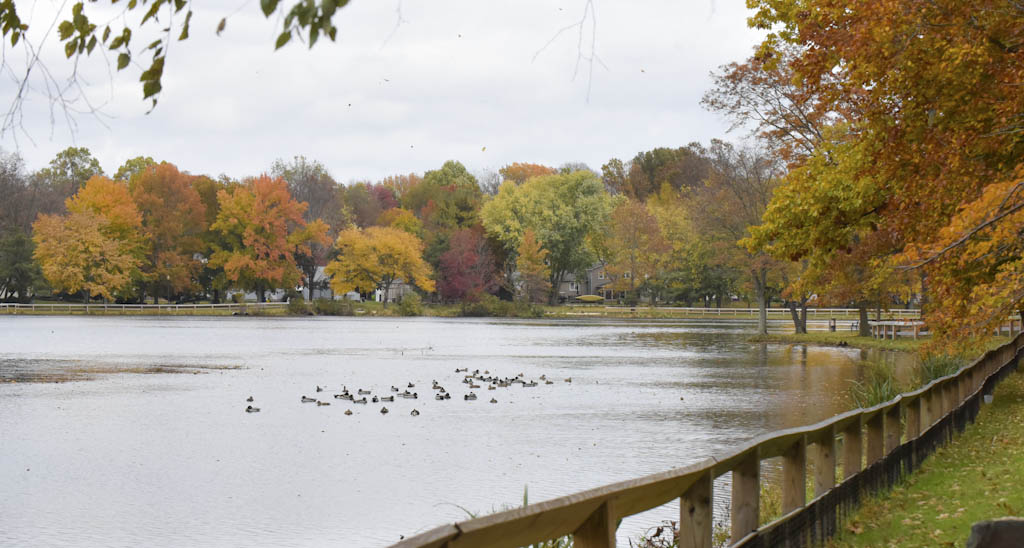New Jersey municipalities, including Lawrence Township, would be in line to receive additional state aid for their budgets under proposed legislation that is making its way through the State Legislature.
The bill, co-sponsored by state Sens. Troy Singleton (D-Burlington) and Declan J. O’Scanlon Jr. (R-Monmouth), would require New Jersey to restore state aid to the towns by increasing the amount of money they receive in energy tax receipts for property tax relief. It would take five years to fully restore the lost state aid.
“Affordability is the number one problem facing our state, and it can no longer be ignored. Clearly, this bill is a win for property tax payers,” Sen. Singleton said.
State budget constraints meant cuts in the amount of Consolidated Municipal Property Tax Relief Aid (CMPTRA) that was given to all towns in 2008, 2009 and 2010. Those cuts were in addition to reductions in energy tax receipts – none of which have been restored.
Lawrence Township received $5.1 million in state aid through combined CMPTRA and energy tax receipts in 2008. The amount dropped slightly in 2009, but in 2010 – and to the present day – state aid has been reduced to $3.9 million annually for Lawrence Township.
Lawrence Township officials pointed out that while state aid has remained static for the past 10 years, the costs of operating municipal government have gone up. State aid is critical to the township’s budget and in holding down property taxes, they said.
New Jersey has diverted at least $1.2 million annually from Lawrence Township, for a cumulative total of $12 million over 10 years. Factoring in inflation, the value of CMPTRA and energy tax receipts has been further eroded, Lawrence Township officials said.
Meanwhile, East Windsor Township Mayor Janice S. Mironov, who is also the vice president of the New Jersey Conference of Mayors, applauded the proposed bill that would restore more than $330 million in lost state aid to New Jersey municipalities over a five-year period.
“This bill is good. It puts it back on the legislators’ radar. It is long overdue to take action,” Mayor Mironov said.
“We will continue to push to get the money restored to the taxpayers,” Mayor Mironov said. The bill would counteract New Jersey’s “major unprecedented grab” of energy tax receipts, she said.
Sen. Singleton’s bill is not the first proposed state legislation to restore energy tax receipts to the towns. Similar legislation was proposed by state Assembly members Dan Benson and Wayne DeAngelo (D-Mercer, Middlesex) and Mila Jasey (D-Essex, Morris), but the bill stalled.
The energy tax receipts has a long history.
For many years, towns assessed a gross receipts and franchise tax on public utilities and then collected the money at the local level. The gross receipts tax was based on the value of infrastructure that the utilities owned in each town.
But in the 1980’s, New Jersey became the collection agency. The state was supposed to distribute the energy tax receipts to the towns for state aid. It also was required to increase the energy tax receipts distribution at the rate of inflation.
Instead, New Jersey skimmed off some of the money that was intended to be returned to the municipalities for property tax relief, and has used it to balance its own budget – a move that has angered many municipalities that have lost state aid.

